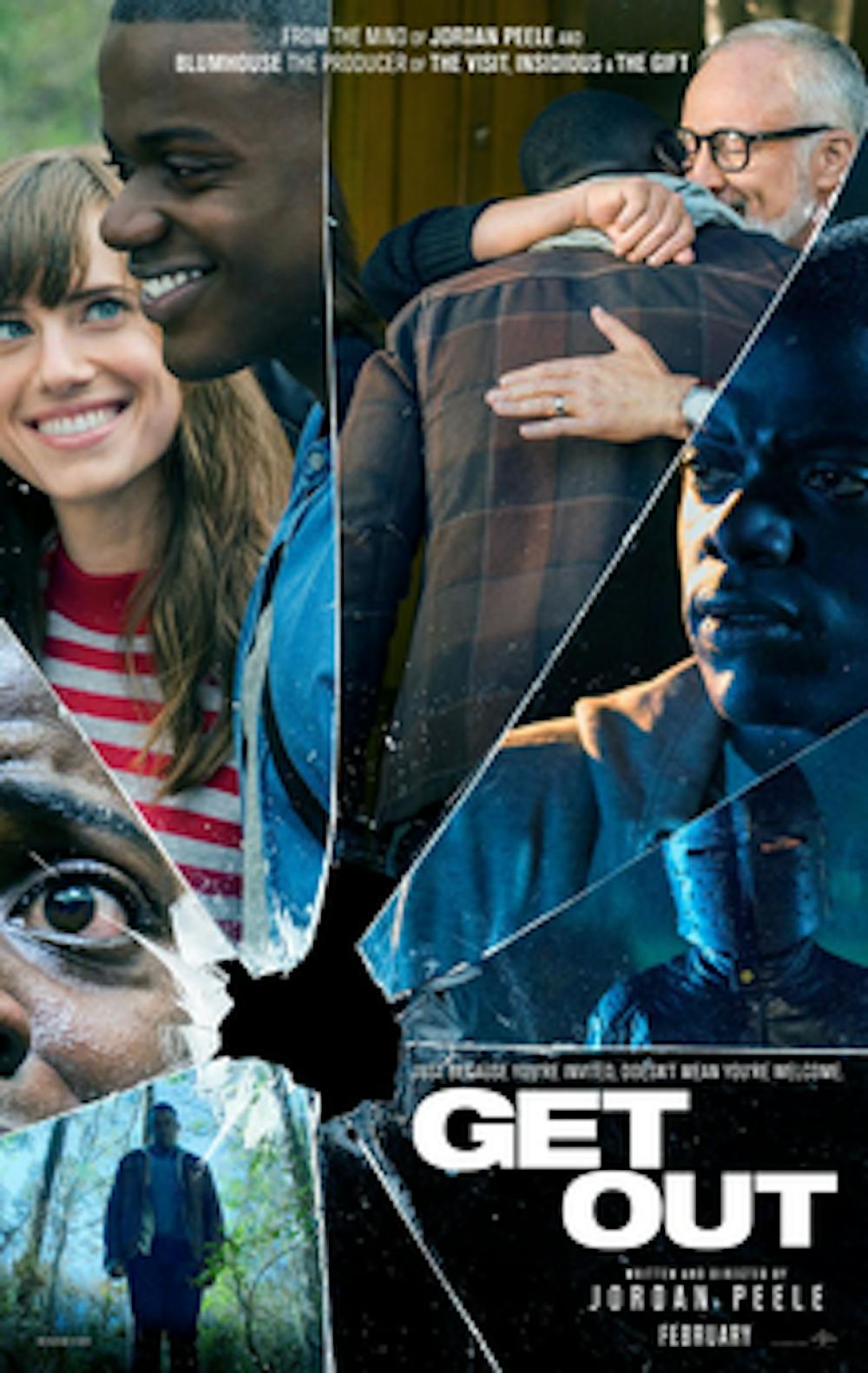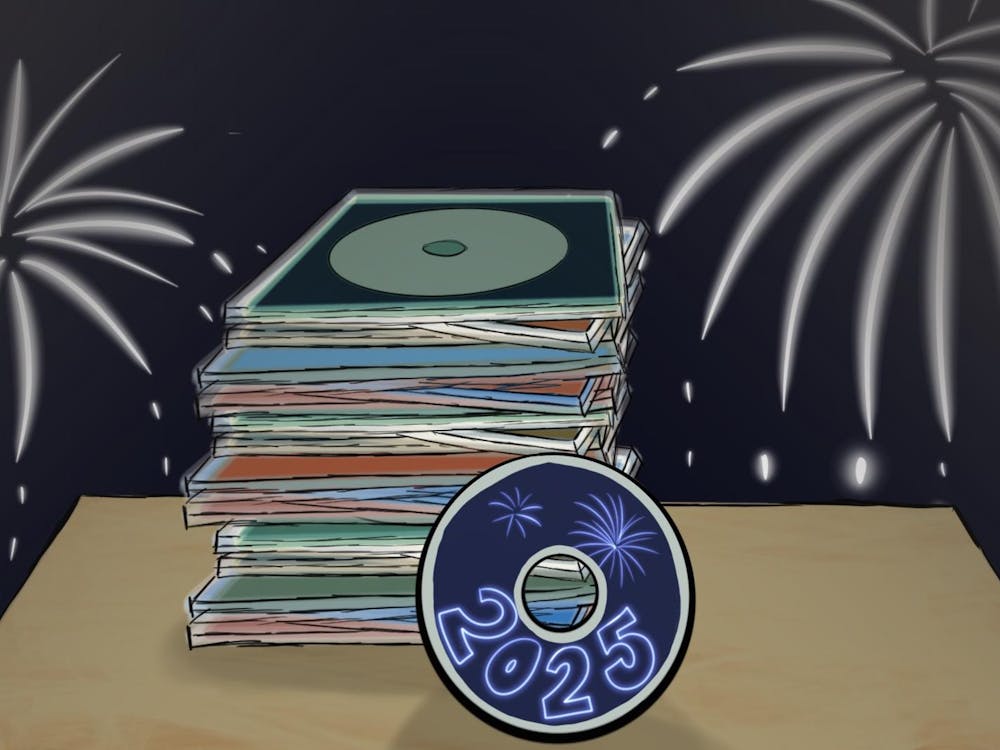Poet Claudia Rankine, in both her body of work “Citizen: An American Lyric” and a profile by The New Yorker, has spoken often of the idea of a “racial imaginary.” In her poetry, this concept is demonstrated by the line, “Because white men can’t police their imaginations / Black men are dying.”
Every facet of “Get Out” — from the soul-sucking concepts that represent true racial terror to the comedic moments that illustrate Peele’s writing chops — reinforces the reality that black genius is alive, well and thriving in American cinema.
Peele ingeniously chose the main character, Chris, to be a black man rather than a woman. Not only did this decision allow for a relatable “Guess Who’s Coming to Dinner” analogy when Chris meets his girlfriend Rose’s parents, but it also created a gateway for more intricate racial analogies.
For example, Chris has an encounter with the police where — despite not being in the driver’s seat during an accident — he is asked to provide his license. Additionally, during an introductory dinner with Rose’s family, her brother mentions how — with the right conditioning — Chris could be an athletic “beast.” Both encounters represent the hyper-policing, profiling and stereotyping by law enforcement, as well as the misconceptions of hypermasculinization and aggressiveness that exist within black male conceptions of the racial imaginary.
As Peele’s first feature-length film, “Get Out” was admittedly prone to certain mistakes. Almost directly after realizing the nature of his horrible fate, Chris spearheads the second act in surprising, somewhat unrealistic ways. The pacing and deus ex machina of the entire ordeal comes across as inorganic at times, but they leave the viewer with many hopeful questions.
There are two camps of critics who saw “Get Out.” The first group — responsible for the 99 percent approval rating on Rotten Tomatoes — sang the film’s praises for its thrills and chills that set the foundation for deeply allegorical social truths regarding blackness in the face of white supremacy.
The other group — being the one “rotten” critic and the currently 10 percent of audience members who believed the film had no cultural significance whatsoever — consist of those much more likely to tout “Get Out” as “reverse” racism, white violence and fodder for liberals who want nothing other than to start a race war. In this assessment, unfortunately, this group misses the almost necessary feeling of triumph one sees in a black man, for once, resisting the constructs of white supremacy.
“Get Out” is a much-needed mainstream subversion of established, racially-charged cinematic tropes. The deconstruction of racial imaginary into something tangible is now a racial reality that white audiences can no longer ignore.





